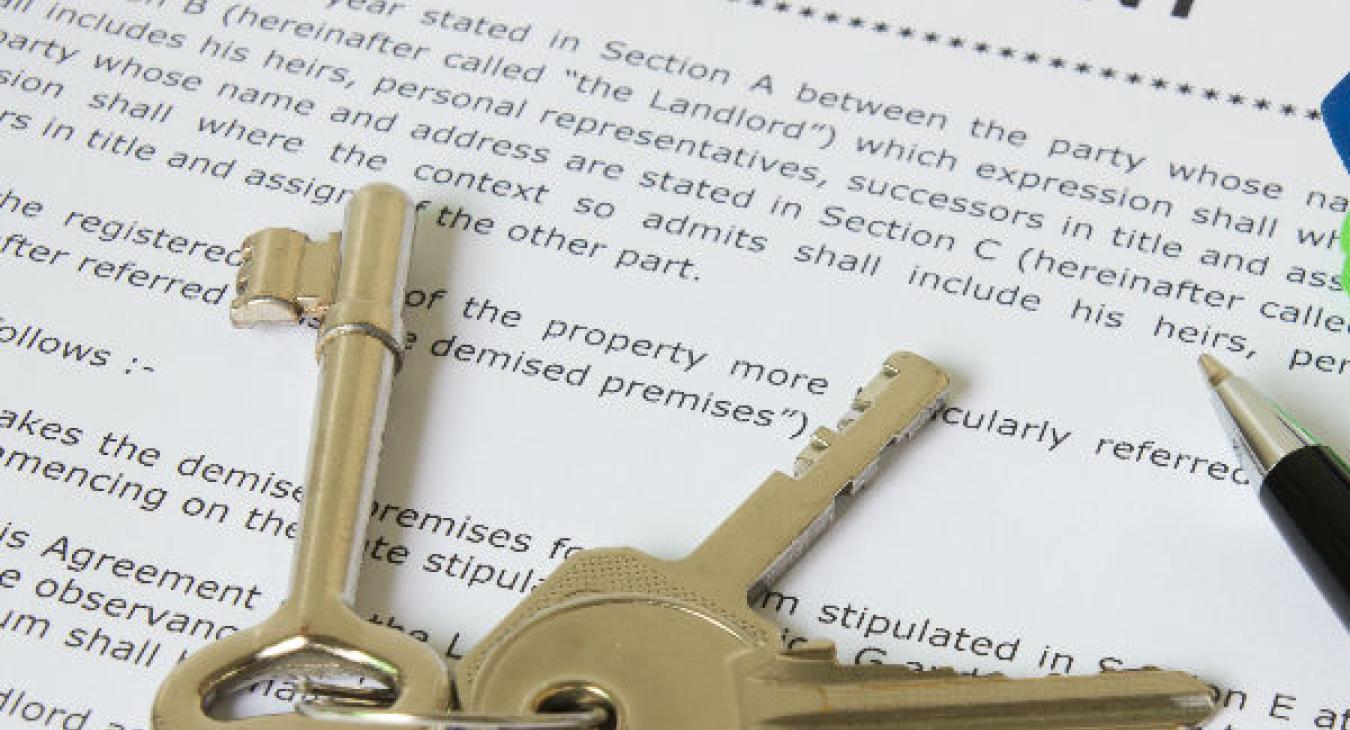
The Government has confirmed that an extension to mandatory licensing will come into force from 1st October 2018. Under these new rules, what an HMO (House in Multiple Occupancy) is defined as under the Housing Act 2004 will change; meaning that some electrical obligations for landlords will change.
With the Government confirming there will be no grace period when these changes come into place; it’s important that landlords act now to ensure they are not caught out when the changes come into effect.
Find out more about the changes, the electrical safety obligations for private rental and HMO landlords and what landlords who now find themselves with HMOs as opposed to private rental properties will need to do to ensure they meet these new obligations.
What’s Changing?
The main thing that is changing is the definition of what an HMO is. Under the new rules, a property will be classed as an HMO if it is occupied by 5 or more people forming two or more separate households.
Previously, an HMO was classed as a property that was occupied by more than 5 people forming two separate households and compromising of three stories; this new regulation brings properties such as purpose-built flats with two storeys into HMO classification.
Electrical Obligations In HMOs
As a landlord, you have a number of electrical safety obligations over your property to ensure the installation is safe for the tenant, these include:
- Ensuring the electrical installation of the property is safe at the beginning and throughout the tenancy. A qualified electrician can carry out an Electrical Installation Condition Report (EICR) to ensure the installation within your property is safe.
- Ensuring any appliances are safe throughout the tenancy. This can be achieved through annual portable appliance testing and ensuring all appliances purchased come with the CE marking.
- Ensuring that a carbon monoxide alarm is fitted in all rooms that have a solid fuel burning appliance. Both smoke and CO detectors much be in working order at the start of new tenancies.
Visit our dedicated page to find out more about your electrical safety obligations as a landlord.
If you now find yourself the landlord of an HMO, you’ll need to be aware of the following additional electrical safety obligations:
- Whilst it’s a legal obligation to ensure the electrical installation is safe in a private rented property, in an HMO, it is a legal requirement to have an EICR carried out once every five years – this inspection will need to be carried out by a qualified electrician who can provide you with a certificate following the work. Read our blog on everything you need to know about EICRs for more information.
- Provide safety certificates for all electrical appliances when requested.
- The rules regarding fire detection in rental and HMOs are relatively complex and depend on the number of storeys, the number and type of tenants and whether it includes bedsit type rooms. Full details are available on the council website at bristol.gov.uk/hmo’.
Additionally, dependant on the area you are operating in, there may be further conditions to your HMO license in regards to electrical safety – these will be defined by the local council who should be contacted to clarify.
Your, Local Friendly Electrician Bristol
If you’re a landlord or letting agency that finds yourself now in control of an HMO, we can help ensure you fulfil your electrical safety obligations. We are Which? Trusted Traders and NICEIC approved contractors meaning all our work adheres to Part P of the building regulations.
With a strong presence in Bristol for over 25 years, we’ve worked with landlords who own a single property through to some of the largest property management companies in Bristol. Call us today on Bristol: 0117 303 9000 or fill out a contact form for more information.










